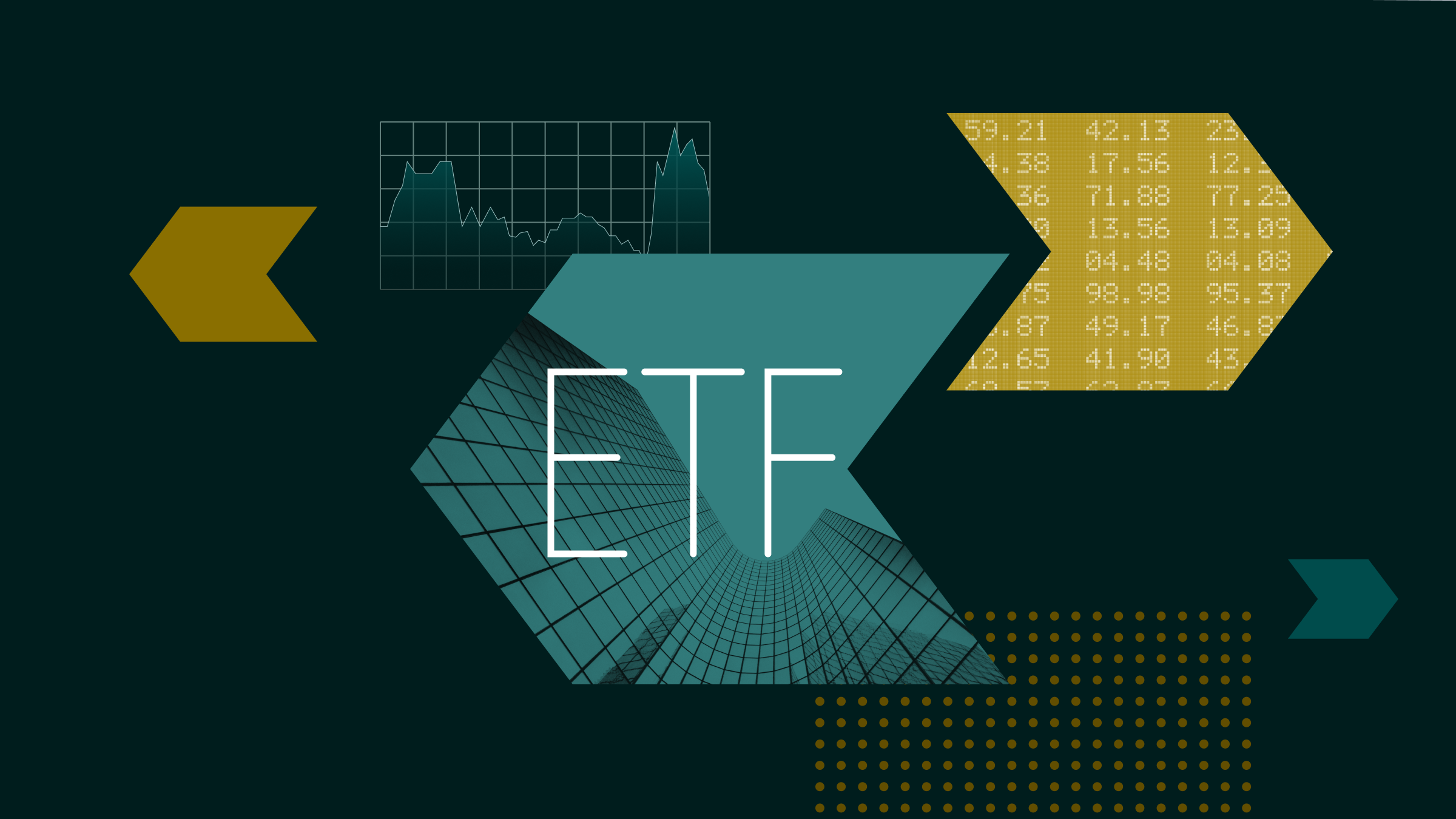All this week, Morningstar.co.uk will be bringing you a Guide to Investment Ideas for 2017; stock picks, market reactions and political forecasts from the investment professionals.
Geopolitical risks are prevalent and 2016 saw notable leaders fall from power. Casualties included David Cameron in the UK, Matteo Renzi in Italy, Dilma Rousseff in Brazil and Park Geun-hye in South Korea. However, the link between the political upheaval and poor equity market performance is tenuous at best. This has been particularly evident in 2016, with UK, US and Brazilian equities being some of the strongest performing markets.

Our outlook for the pound remains mostly positive

By our reckoning, market prices appear to reflect an optimistic view of the political and economic landscape. While most commentators attribute this to a widespread view that Donald Trump is set to re-ignite US economic growth, we would be cautious about attributing market movements to a single factor.
Most notably, we remain cautious about expectations of Trump’s economic policies leading to sustainable asset price rises. Supporting this, we believe the long-term returns from US equities will likely be restrained given the extended valuations. The counter issue is the status of bond markets, as higher inflation expectations are driving up bond yields and thereby negatively impacting bond prices.
Equities: A Year to Remember in 2016
Most investors will be delighted with their portfolio performance in 2016, even if the recent increase in bond yields has caused short-term losses. The performance of asset prices in 2016 contains many lessons and is a reminder that markets can move irrationally for extended periods. The first of these is that a sharp rise in prices that is not accompanied by an equivalent rise in fundamental values is the equivalent to ‘borrowing’ returns from the future.
While we do not pretend to be able to forecast near-term asset price movements, it is worth noting that in our view, fundamental valuations have remained largely steady across most major asset classes. Consequently, the expected returns of most asset prices as we start 2017 is lower than in 2016. For this reason, an investor needs to carefully consider which assets they hold and increase their focus on the risk of a permanent loss of capital.
When asset prices appear unattractive, it is natural to hold increased levels of cash. This is reflective in many of Morningstar’s portfolios. However, it is important to reiterate that this does not infer a prediction of a crash. Rather, it is an acknowledgement of a challenging environment with fewer attractive opportunities. In such an environment, we hold all the assets that we want in the size that we want them – and by doing so, have some capital spare if an asset or collection of assets become cheap.
Is it a Risk to have Sterling Exposure?
Our outlook for the pound remains mostly positive, although the recent rally has tempered this outlook somewhat. The remarkable crash in sterling priced in significant downside risk and fell considerably below our calculation of fair value. On this basis, we took a contrarian approach and increased our conviction towards the currency despite large shorting activity among speculative traders.
However, Brexit remains a clouded issue. We have the pending decision on how Article 50 can be triggered with or without parliamentary approval. Beyond this, we additionally require more information about whether free trade is a feasible solution without the free movement of people. This all leads to a situation whereby a high margin of safety is warranted.





























